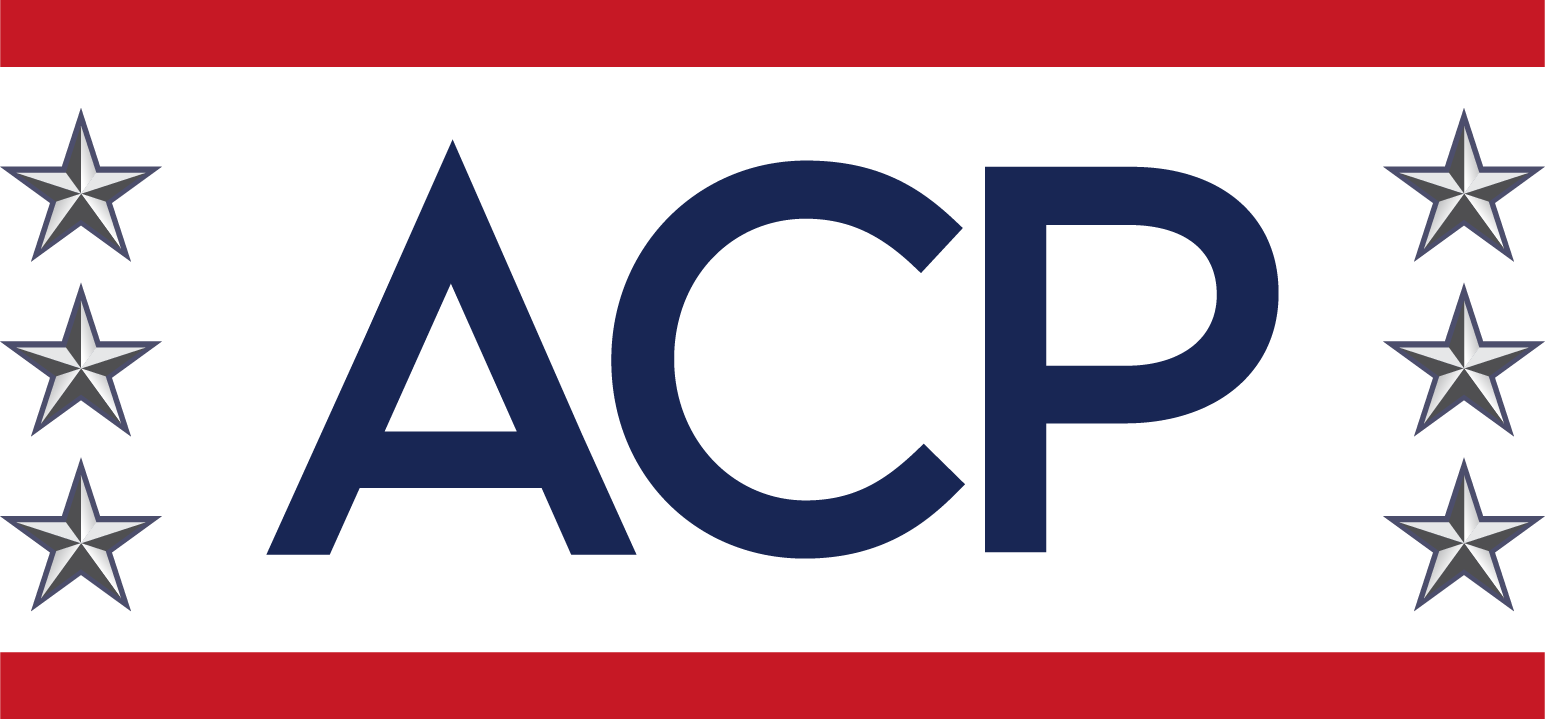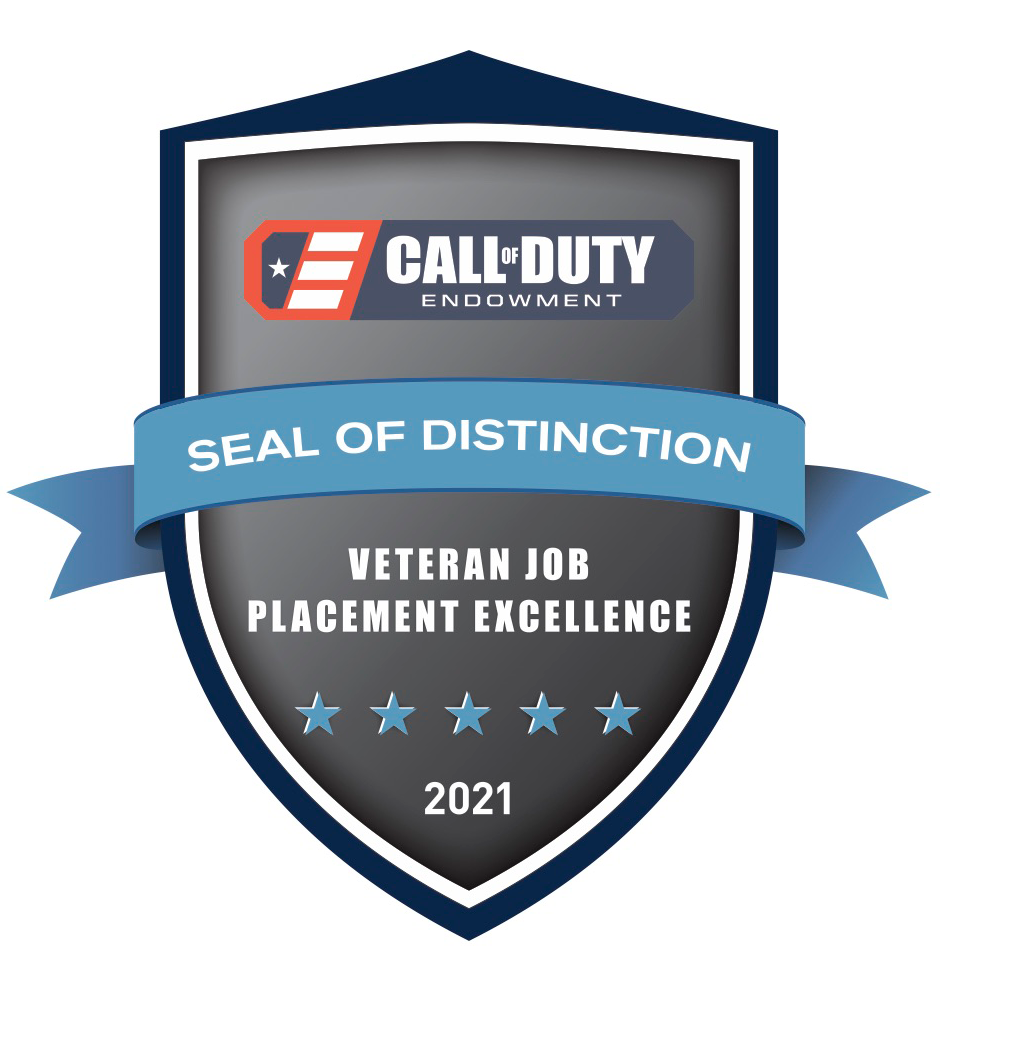Embracing Employment Gaps: How Entrepreneurship and Mentorship Empower Military Spouses

We often hear about the considerable challenges military families face when moving from duty station to duty station every few years: you lose your dream in-person job, your kids change schools in the middle of the year, and you have to find a new community. Active-duty military personnel move once every two to three years on average, which means career disruption for their spouses too.
One of the ways many Military Spouses have circumvented this challenge is by becoming their own boss and taking charge of their work experience. LaPora Lindsey, an Active-Duty U.S. Navy Spouse, realized that for the majority of her corporate career, she had never been promoted. She was hungry to rewrite her own narrative and help others do the same. While she applied to jobs, Lindsey simultaneously pursued certifications and trainings to make herself more marketable and stay up to date on her skills.
After a disappointing job search, Lindsey refocused her efforts on something more rewarding: creating a service that recognized others’ potential and helped them stand out to employers. “I consider myself a ‘professional job seeker,’ rebranding myself at every duty station so that I am able to obtain employment,” she says. Lindsey now runs a life coaching and motivational speaking business.
While Lindsey’s story highlights entrepreneurship as an alternative to traditional job searching, Bernadette Soler’s journey shows how a hobby can become a full-fledged business. Soler, a U.S. Marine Corps Spouse, started her career at a management consultancy in Boston and taught yoga in her off-hours. Her corporate job was stable and predictable, but Soler craved something more electrifying. “I felt like yoga was my passion and purpose,” Soler says of her plan to pick up instructor roles at the base, local studios, and gyms.
The reality proved more challenging. “For the first several years, it was tricky because any time we moved… I’d have to find new studios, clients, gyms,” she says. "Depending on the city, I had to teach a lot more hours to make the same amount.” This reality, coupled with the rise of virtual programming due to the COVID-19 pandemic, pushed Soler to start her own practice.
“If the yoga thing doesn’t work out, I can find a corporate job because I have the prior experience and continued work history of pursuing something,” Soler told herself. She started gaining a following, and her American Corporate Partners (ACP) Mentor encouraged her to grow her presence online and create asynchronous programming. They also discussed how Soler could balance her business with her responsibilities as primary parent while her husband was active-duty. With her Mentor’s support, Soler continued to embrace entrepreneurship and is now a thriving Yoga Therapist, Advanced Yoga Teacher, and Dharma Coach.
“My Mentor was such a positive person to have in a very big transitional period in my life, and helped me navigate what it looks like to be a working mom,” says Soler. “She was so helpful professionally and personally.”
Courtney Zaugg, Military Spouse and founder of VentureVets, an entrepreneurship and innovation program for Veteran, Military Spouse, and first responder entrepreneurs, concedes that “entrepreneurship is not for everyone and that’s okay. The most important thing is that you try.” Zaugg adds that you know yourself best, saying “There’s never a right time to start an entrepreneurship, a family, or anything. You just have to try but also recognize that you're willing to give it your all.”
LaPora Lindsey, the U.S. Navy Spouse, advises entrepreneurs to not be discouraged by a slow start or ashamed of taking another job while you build. “[Having a fallback income] was a blessing because it provided me with the opportunity to… build genuine relationships and make intentional business decisions,” she says.
Setbacks and failures are part of the process, but Lindsey advises spouses to stay the course and lean on support. She recalls a time when her business was not doing well, and she avoided talking to her ACP Mentor for a few months. Now, Lindsey knows that her ACP Mentor is there to support her when she’s doing well and when she is struggling.
Zaugg suggests shifting your perspective on challenges. “Employment gaps become founding stories. Relocations open new markets. Military-life resilience becomes entrepreneurial strength,” she explains. As a new ACP Mentor, Zaugg is in awe of how Military Spouses are transforming their employment gaps into thriving ventures that create economic opportunity and community impact.
Zaugg, Lindsey, and Soler are excellent examples of how resilience, grittiness, and passion can churn into success over time. All agree they could not have succeeded without the support of their community. “Mutual support is paramount,” says Zaugg.
Whether you want to explore strategies for overcoming career disruptions, understand the nuances of starting a business, or get work-life balance advice from other working parents, your community should include ACP! ACP’s volunteer Mentors offer their knowledge and expertise to Military Spouses (and Veterans!) through a no-cost, year-long program of monthly meetings and regular check-ins. ACP Mentors are devoted to helping you succeed. Active-Duty Military Spouses, apply here for your free year-long ACP mentorship today! If you’d like to give back with time and are interested in mentoring Military Spouses like Lindsey and Soler, you can also join as a Mentor!











